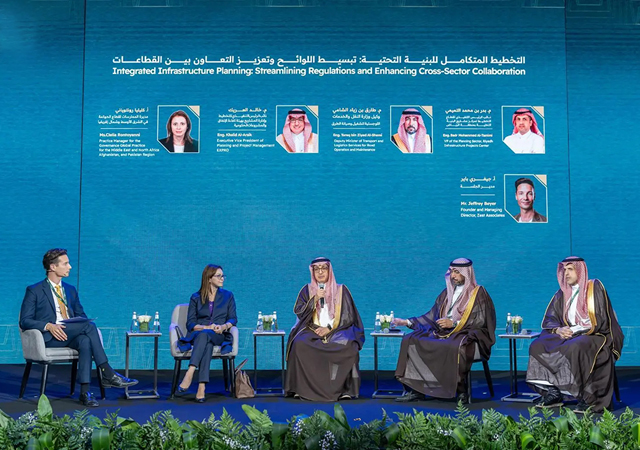 Image: Afanasiev Andrii/ Shutterstock
Image: Afanasiev Andrii/ Shutterstock
Persistent uncertainty is set to wipe out $2.5 trillion from the value of construction activity globally this year, disrupting delivery across markets, according to new global research from Currie & Brown, a world-leading provider of cost management, project management and advisory services.
Organisations are seeing 13.7% of their project pipeline wiped out, said the report.
The report, titled Building Certainty in an Era of Relentless Change, surveys over 1,000 global decision-makers, each responsible for construction pipelines averaging $12.9 billion. It reveals a disturbing picture of the damaging impact of uncertainty on construction projects, and the potential knock-on consequences for the wider economy.
It said one in four projects are cancelled outright due to the uncertainty. Most construction leaders expect conditions to worsen in the coming two years, it said.
From inflation and geopolitical conflict to climate change and fast-moving technology, today’s pressures rarely appear on their own. They overlap and spread across industries and borders. A policy change in one region can disrupt supply chains in another. A climate event can delay projects far beyond its source, the report notes.
Construction leaders face pressure on two sides. External shocks include rising costs, political risk and weather events. Internal issues range from outdated procurement to rushed design and unclear governance.
These risks do not stay separate. They connect and grow. When they collide, they increase costs, damage trust, and put delivery at risk. If we don’t control them, they only create more uncertainty.
We must stop planning for uncertainty and start building for it, the report highlights.
On average, respondents reported a financial loss equivalent to 13.7% of their construction pipeline in the past year. That amounts to $2.1 billion per organisation – enough to fund two major hospitals or build 40 high schools in an advanced economy. Applied to global construction spending, that loss equates to a total of $2.5 trillion – more than the GDP of Italy and almost twice the combined annual revenue of Apple, Amazon and Microsoft, it said.
The findings highlight the growing strain uncertainty is placing on construction delivery. Over the last year:
* 32% of construction projects were descoped,
* 29% were delayed,
* 25% were cancelled.
* Just 1 in 5 (20%) construction leaders are completely confident that they can keep their projects within budget in the current climate.
The primary risk factors driving uncertainty are:
* Material cost inflation
* Energy price volatility
* Supply chain disruption
* Labour and skills shortages
Volatility shows no sign of easing. The research finds that 61% of leaders expect material cost inflation to worsen over the next 12–24 months, while 56% predict greater energy price instability.
“The construction sector has always experienced its fair share of volatility. But this goes well beyond the usual cycle. In over 40 years in the industry, I’ve not seen such a persistently uncertain market," said Dr Alan Manuel, Group Chief Executive Officer, Currie & Brown.
"Part of the challenge lies in how we work. External factors such as rising costs, political shifts and weather events play a clear role. But systemic issues are just as critical. Outdated procurement, misaligned objectives and a culture that accepts billion-dollar projects without complete designs continue to embed risk. If we don’t control these challenges, the disruption will only grow, which we can’t allow because construction underpins economies and improves lives. This industry is too important to be allowed to fall behind.”
The Construction Certainty Index
To help address these issues, Currie & Brown is launching the Construction Certainty Index. A first of its kind, the index tracks forward-looking confidence and the effect of risk on construction projects around the world.
The index helps organisations see where they stand and where to focus. While there’s no single fix, the report identifies four interconnected areas that must be addressed to build resilience:
* Technology – adopt technology with purpose. Not just for the sake of it.
* Data – prioritise quality, link it across programmes and interpret it through the lens of real-world experience.
* People – plan skills needs early, use technology to improve productivity, and build long-term partnerships that help secure access to the right people at the right time.
* Mindset – stay agile, adaptable and proactively manage risk.
The report also issues a clear call to action: the industry cannot fix this alone. Tackling systemic uncertainty will demand a concerted and collaborative effort from government, clients and delivery partners right across the world. -TradeArabia News Service





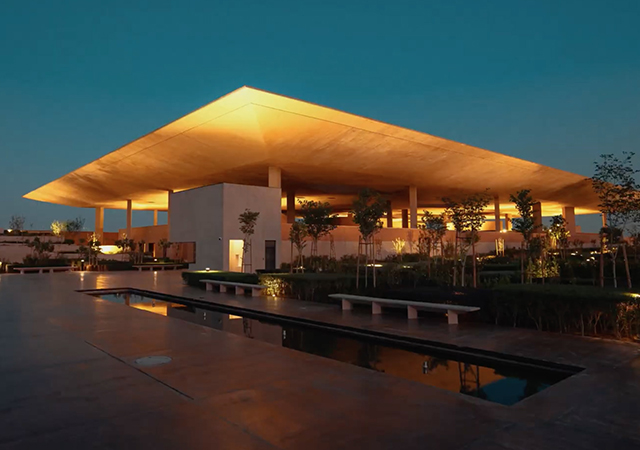



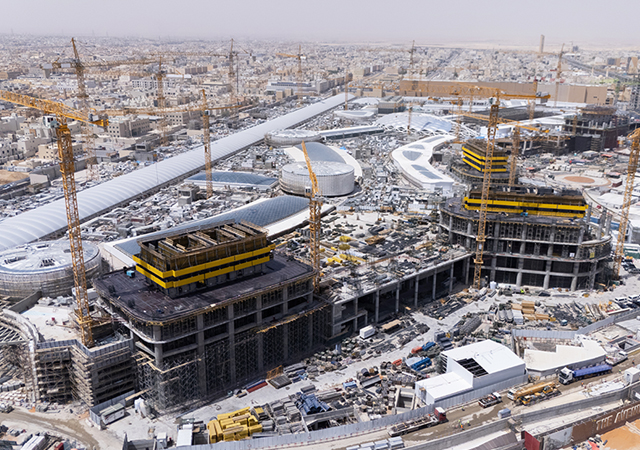
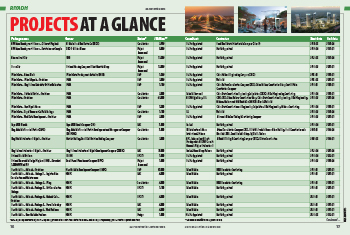
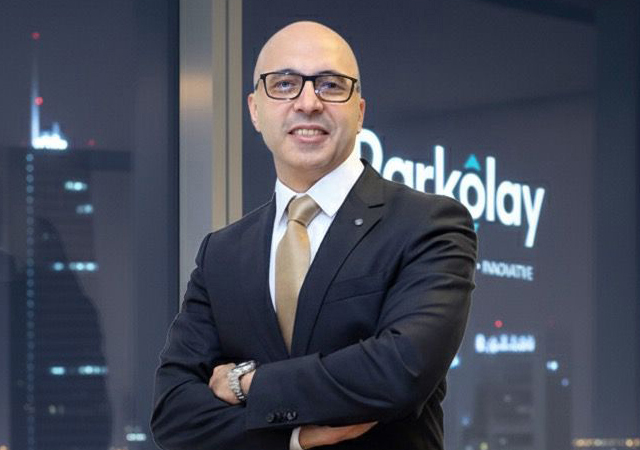



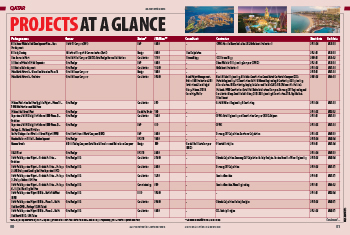
.jpg)
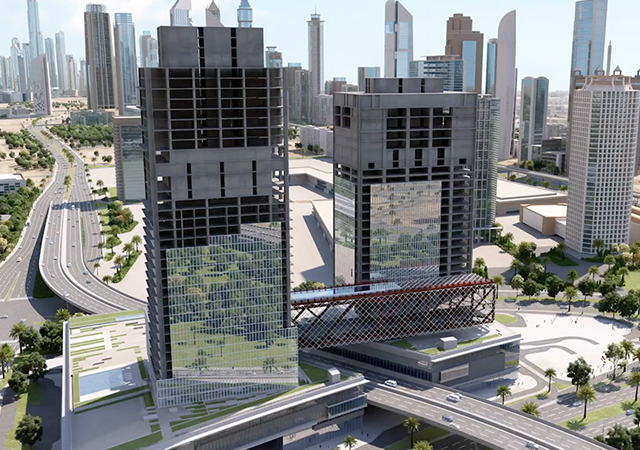

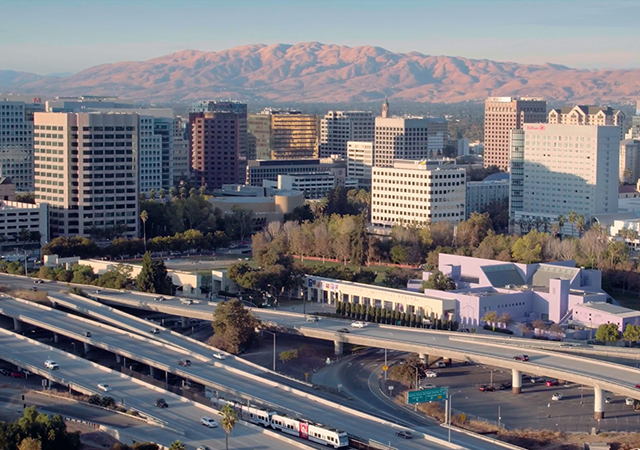
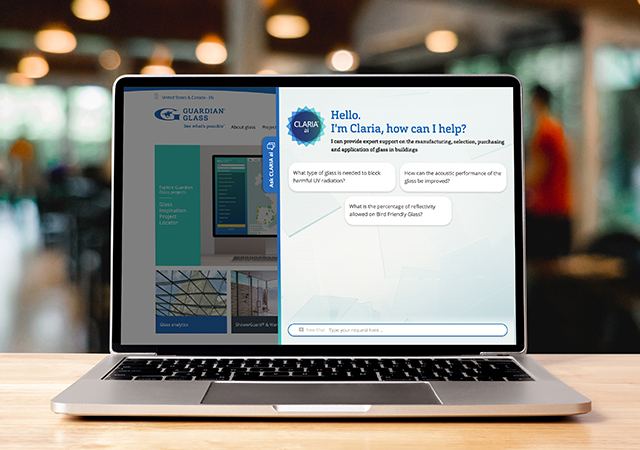

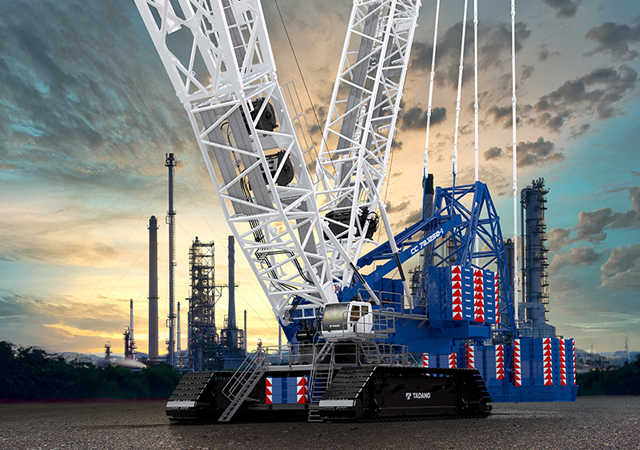
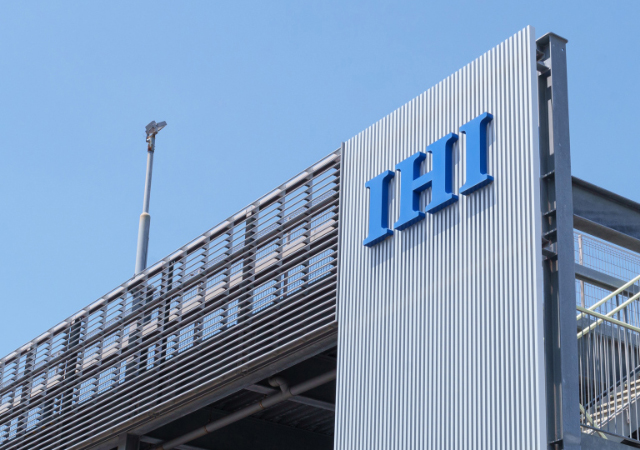
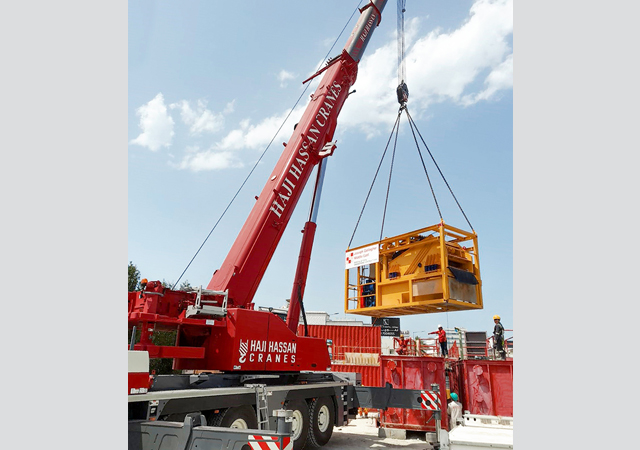

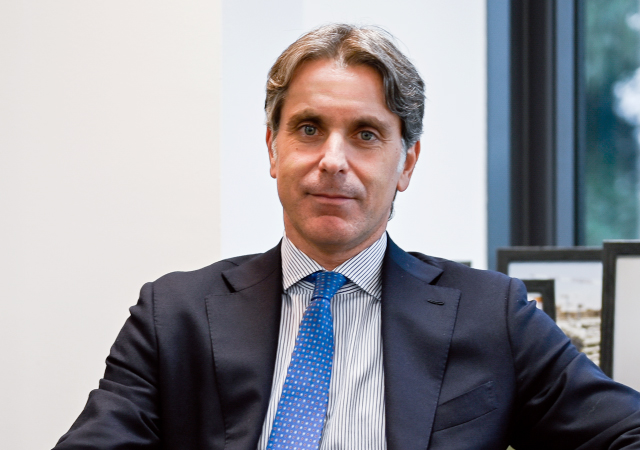


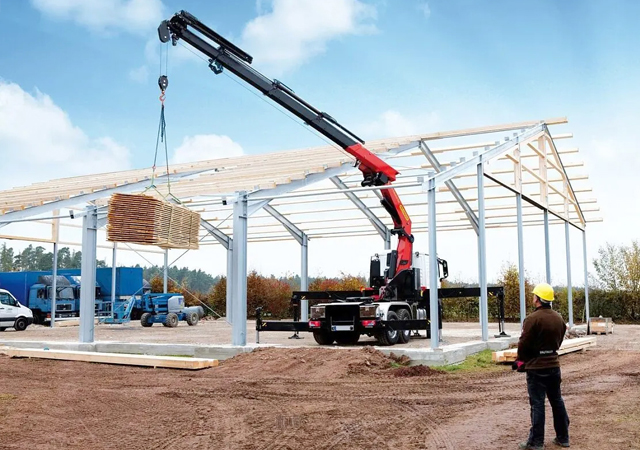
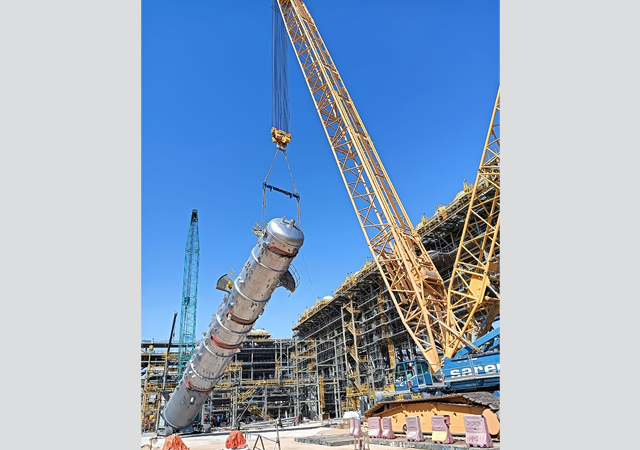
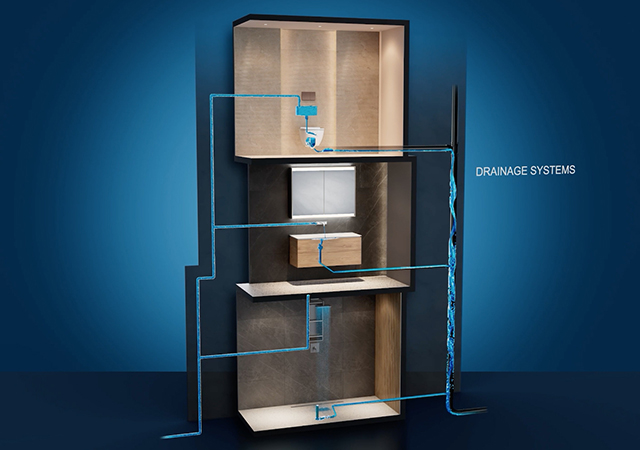
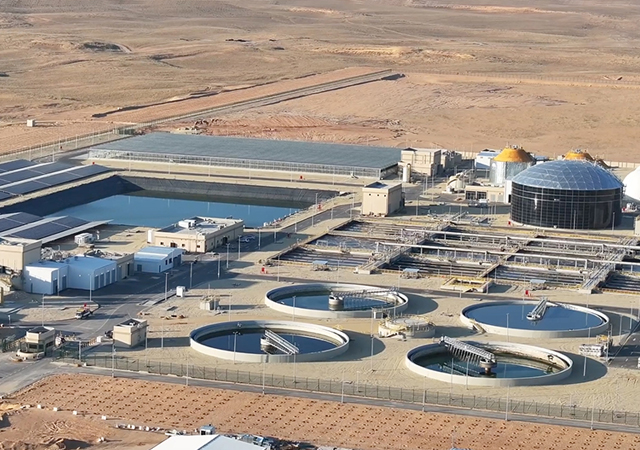




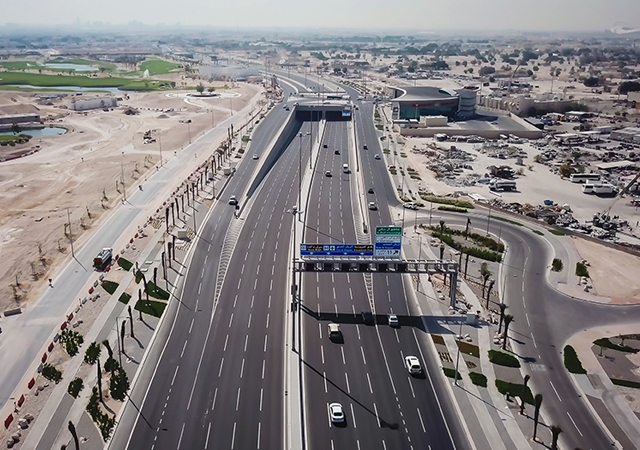
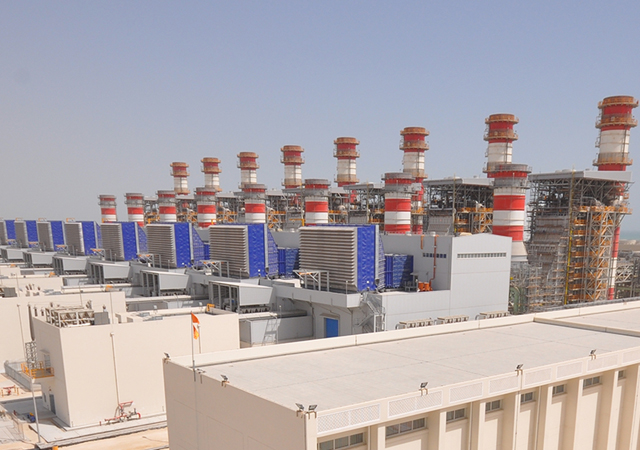
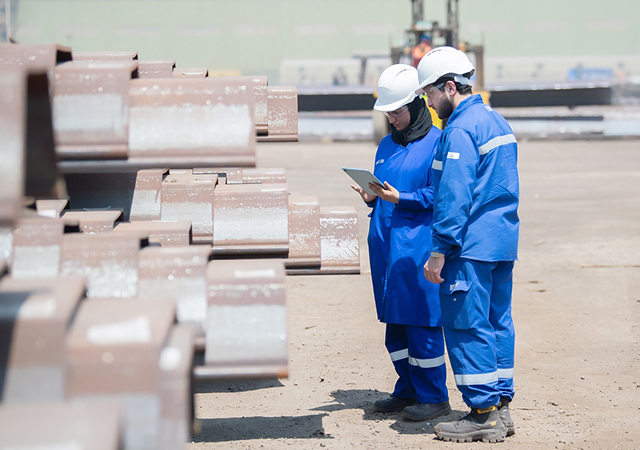

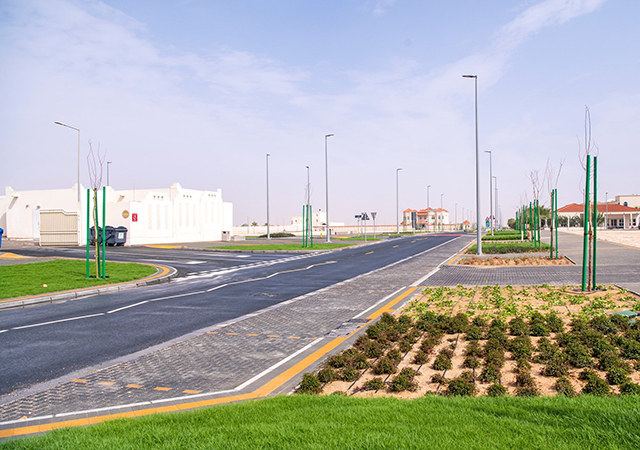
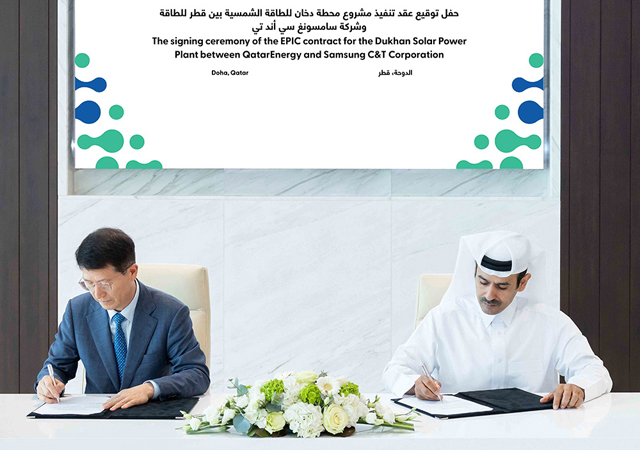


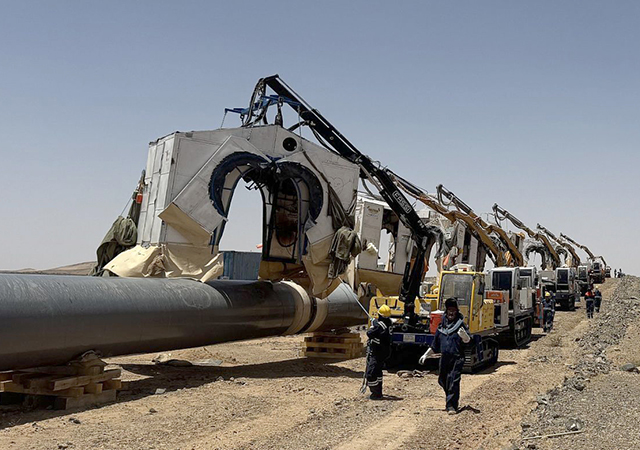
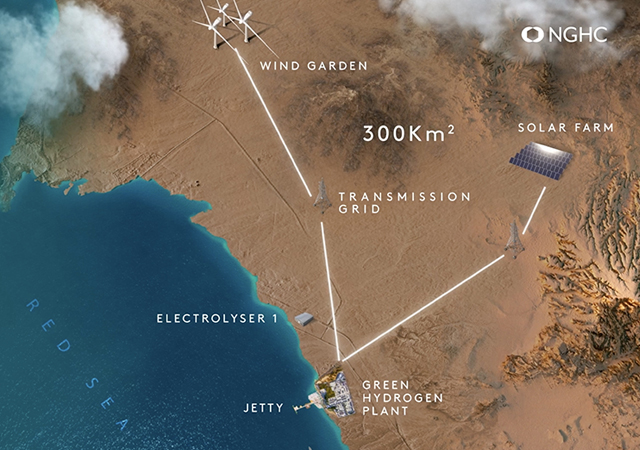


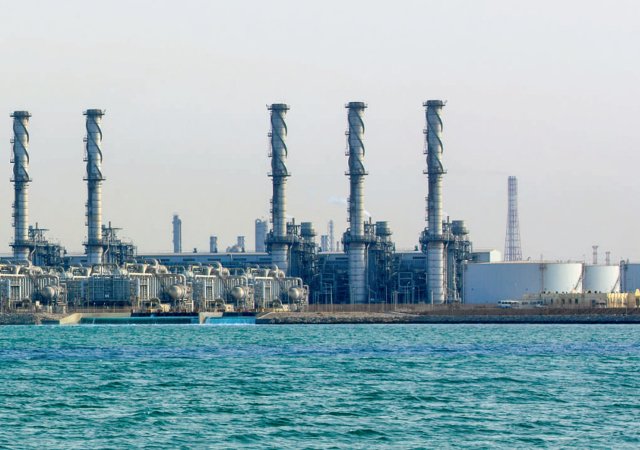



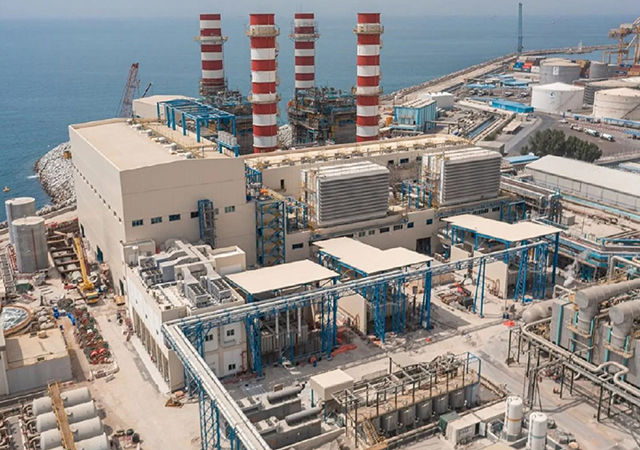
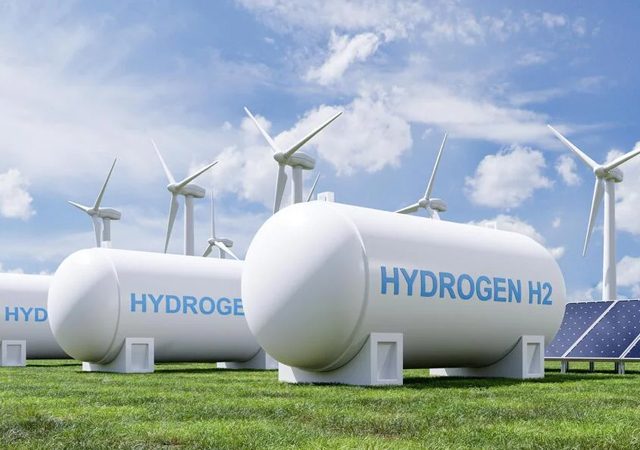














.jpg)

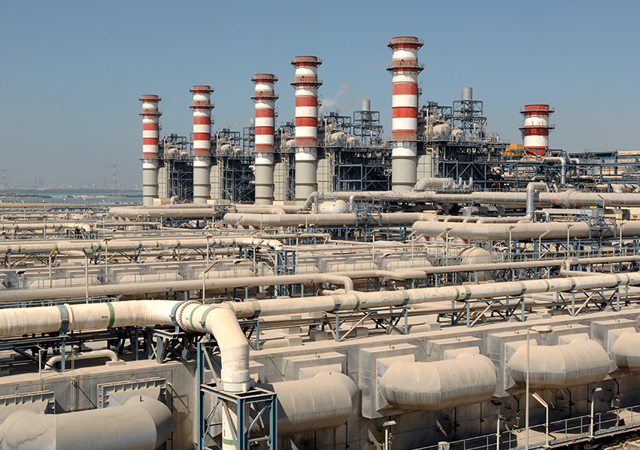
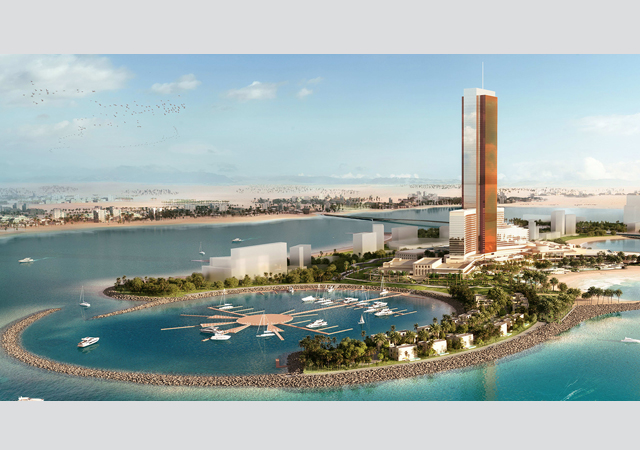

.jpg)


